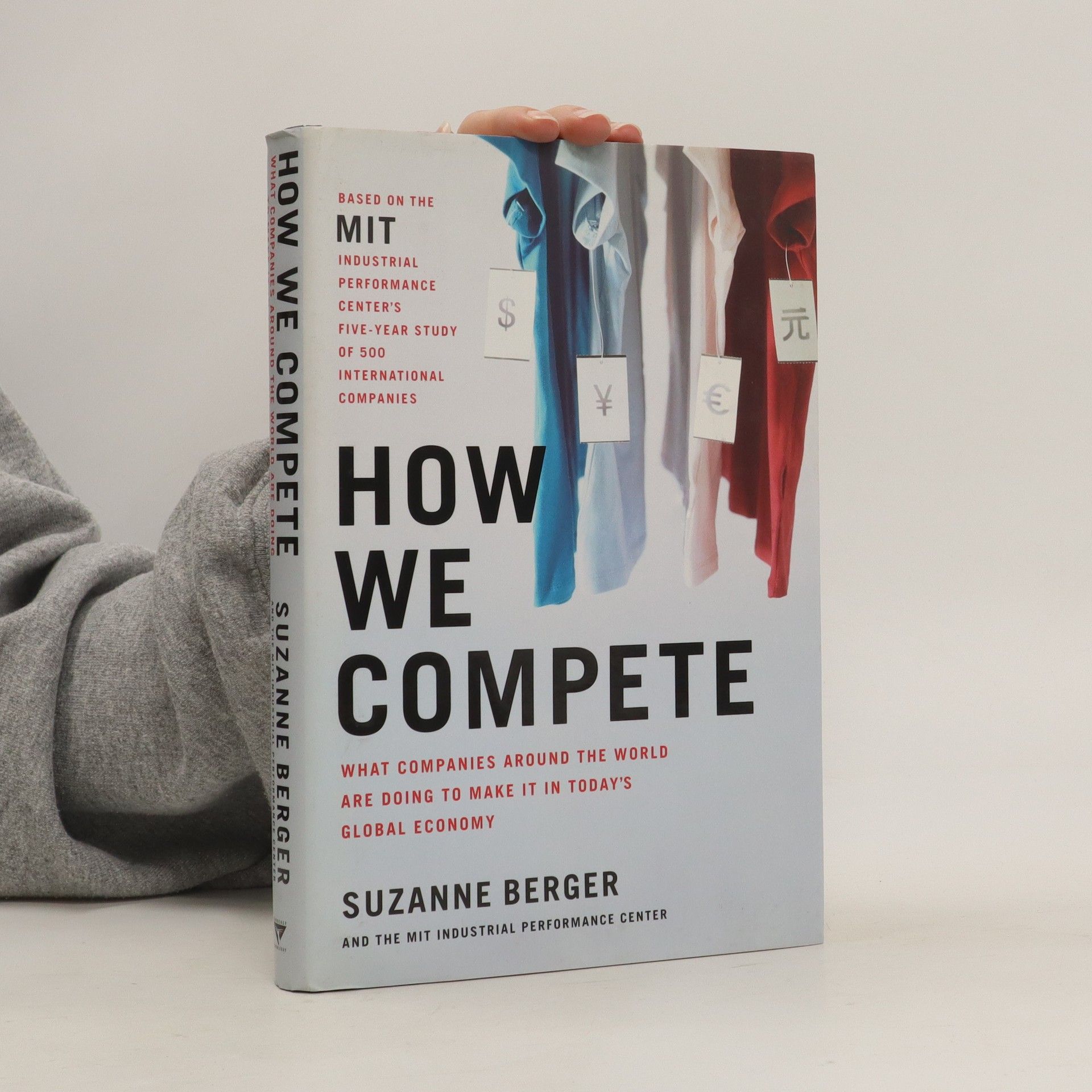How we compete
- 352pages
- 13 heures de lecture
"There is a rising fear in America that no job is safe. In industry after industry, jobs seem to be moving to low-wage countries in Asia, Central America, and Eastern Europe. Production once handled entirely in U.S. factories is now broken into pieces and farmed out to locations around the world. To discover whether our current fears about globalization are justified, Suzanne Berger and a group of MIT researchers visited workplaces and factories around the world. They conducted interviews with managers at more than 500 companies, asking questions about which parts of the manufacturing process are carried out in their own plants and which are outsourced, who their biggest competitors are, and how they plan to grow their businesses. How We Compete presents their fascinating, and often surprising, conclusions." "Contrary to popular belief, cheap labor is not the answer. How We Compete shows that there are many different ways to win in the global economy, and that the avenues open to American companies are much wider than we ever imagined."--BOOK JACKET.
